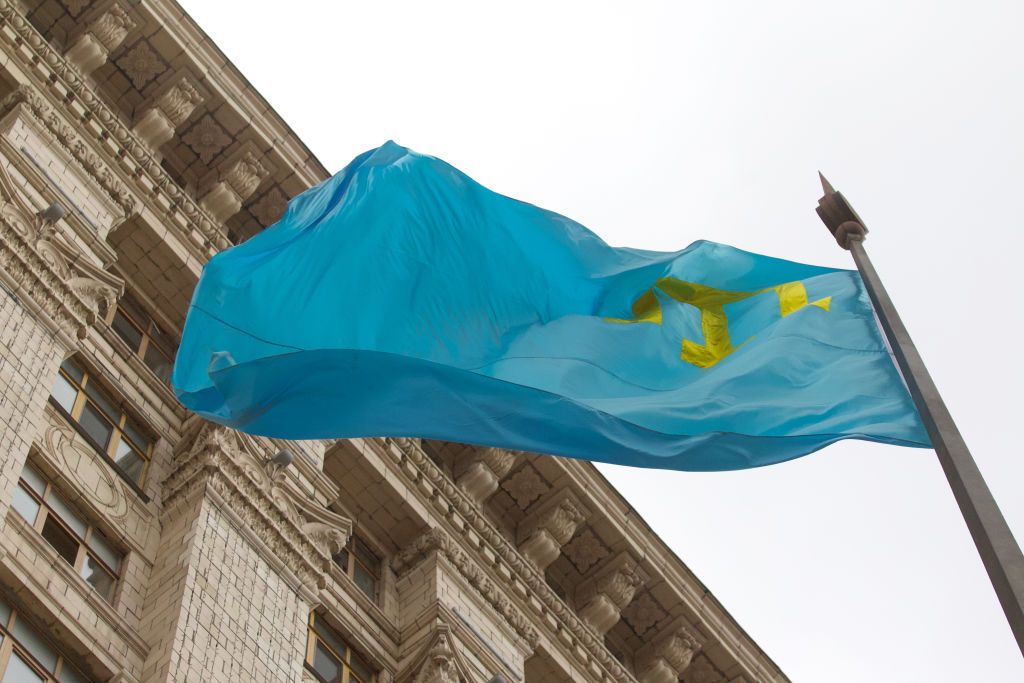Syrian leader signals continued military ties with Russia, despite rejected Assad extradition

Syrian authorities requested Russia to extradite ousted dictator Bashar al-Assad, but were turned down, Syrian President Ahmed al-Sharaa said in an interview with the New York Times published on April 23.
Assad, a Moscow ally who had ruled Syria since 2000, was toppled in a surprise rebel offensive in December 2024 and subsequently was given refuge in Russia.
Al-Sharaa, a former Al Qaeda affiliate who led the offensive, was appointed interim president in January. The sudden leadership change cast doubt on Russia's military presence in Syria, namely the Tartus naval base and Khmeimim air base.
Speaking to the NYT, al-Sharaa alluded to the possibility of continued military cooperation with Moscow, stressing Syria's long-standing reliance on Russian arms.
"Until now, we have not had offers from other nations to replace Syrian arms," which are primarily Russian-made, the Syrian leader told the news outlet. He also underscored a number of past food and energy agreements between Moscow and Damascus.
At the same time, al-Sharaa acknowledged that Russia was asked to hand over Assad as a condition for Russia's continued military presence. This request was denied, he said, without elaborating on how this affects future bilateral ties.
Al-Sharaa took office after 23 years of brutal civil war, which left the country's economy ravaged and diplomatically isolated from the West and several major players in the Middle East. The new leader has sought to carefully foster new international ties, leading to the U.S. and the EU easing sanctions imposed on the country.
The Syrian government announced on April 20 that it had received its first shipment of 6,600 tons of wheat since Assad's fall. Reuters reported that the supplies came from Russia.
Ukraine has also opened dialogue with the new Syrian government. Foreign Minister Andrii Sybiha visited Damascus in December 2024, saying at the time that Kyiv and Damascus share similar views on Russia's continued military presence.











